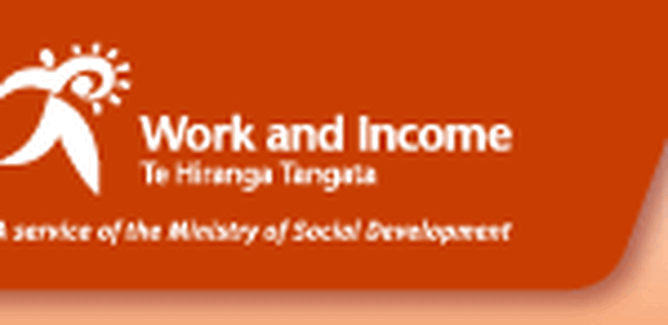With the recent Court decision about how much 'gifting' can be protected from residential care subsidy assessment (Gifting to Trusts and Residential Care Subsidies – you can gift less than what you might think… ) we thought it would be useful to provide an update on how much of your assets you need to use up paying for your residential care before the Government subsidy kicks in.
Historically this amount of assets was locked at a static level. However, now it increases with inflation each year on the 1st July, which appears to be fairer.
However, the principle which is outlined in the Social Security Act 1964 is that: the purpose is to ensure that financial support is provided topeople taking into account - that where appropriate they should use the resources available to them before seeking financial support.
So how much do you need? If you are aged over 65, the amount of assets that you have to use up will depend on whether you are single or have a partner.
WINZ Rules for 'what are your assets' (go direct to the WINZ page here)
From 1 July 2013, people who: Do not have a spouse/partner OR Have a spouse/partner who is also in long-term residential care
must have combined total assets valued at $215,132 or less to qualify for Residential Care Subsidy.
Have a spouse/partner who is not in care, can choose a threshold of:
- combined total assets of $117,811 not including the value of their house* and car
OR - combined total assets of $215,132 which will include the value of their house and car.
* The house is only exempt from the financial means assessment when it is the principal place of residence of the spouse/partner who is not in care or a dependent child.
Assets we count include:
- cash or savings
- bonus bonds
- investments or shares
- life insurance policies
- loans made to other people (including family trusts)
- boats, caravans and campervans
- investment properties
- your house and car (under certain circumstances).
Assets we do not count include:
- pre-paid funeral expenses for you and your partner of up to $10,000* each
- personal belongings such as clothing and jewellery
- household furniture and effects.
* The funeral expenses can only be exempt if they are held in a recognised funeral plan.
Income that you receive is also assessable as follows:
Income contribution (from WINZ)
Any income that you and your spouse/partner are able to receive will be used to determine the amount you contribute towards the cost of your care. Income includes:
- New Zealand Superannuation, Veteran’s Pension or any other benefit
- 50% of private superannuation payments
- 50% of life insurance annuities
- overseas Government pensions
- contributions from relatives
- earnings from interest and bank accounts, investments, business or employment
- income from a family trust, trust or estate.
Income does not include:
- any money that your spouse/partner has earned through employment
- income from assets when the income is under:
- $951 a year for single people
- $1,902 a year for a couple when both have been assessed as requiring care
- $2,852 a year for a couple where one spouse/partner has been assessed as requiring care
- a War Disablement Pension from New Zealand or any other Commonwealth country
These assessments are an important factor to take into account in your financial planning - and if you are able to, it is good to allow for this factor when you are completing your Retirement Savings Analysis. For many people a Family Trust may not provide a remedy.
If you have any thoughts or opinions that you would like to share, visit us at our Twitter, Facebook or Linked In pages, and comment.
For more blog entries that you might be interested in:
Gifting to Trusts and Residential Care Subsidies – you can gift less than what you might think…
High fees for running a Trust – are they worth it?
Important – make sure your house insurance is reviewed and updated this year
By Carey Church






